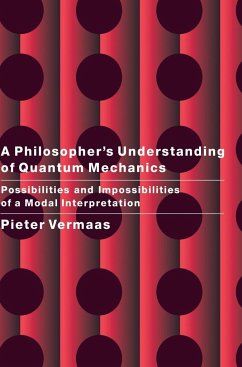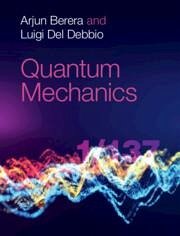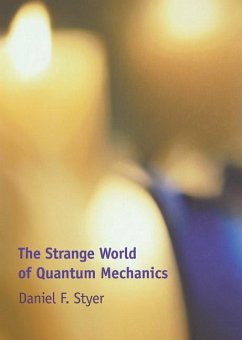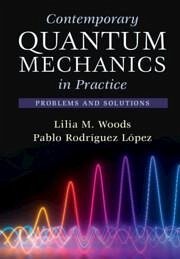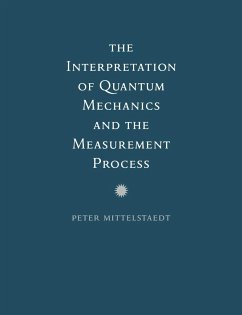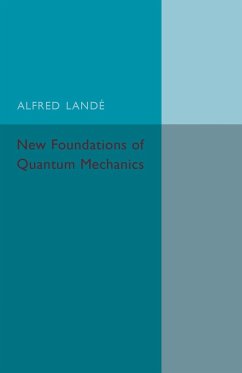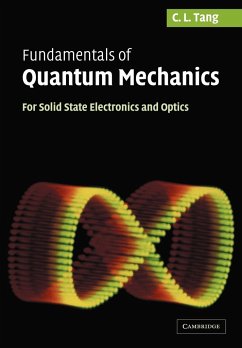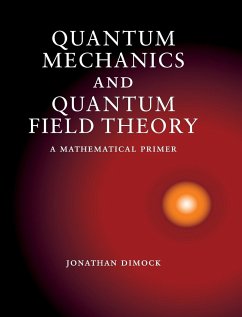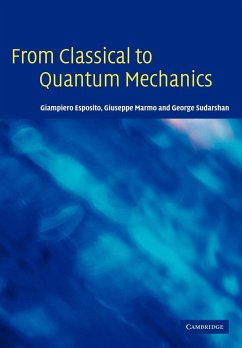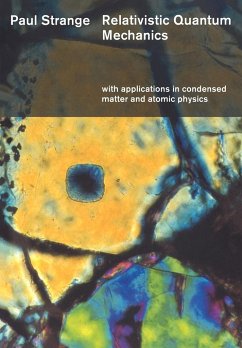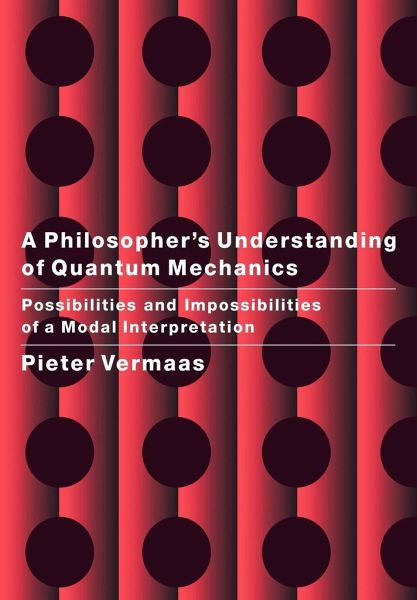
A Philosopher's Understanding of Quantum Mechanics
Versandkostenfrei!
Versandfertig in 1-2 Wochen
75,99 €
inkl. MwSt.

PAYBACK Punkte
38 °P sammeln!
Philosophy of quantum mechanics book on the modal interpretation.This book is about how to understand quantum mechanics by means of a modal interpretation. Modal interpretations provide a general framework within which quantum mechanics can be considered as a theory that describes reality in terms of physical systems possessing definite properties. Quantum mechanics is standardly understood to be a theory about probabilities with which measurements have outcomes. Modal interpretations are relatively new attempts to present quantum mechanics as a theory which, like other physical theories, desc...
Philosophy of quantum mechanics book on the modal interpretation.
This book is about how to understand quantum mechanics by means of a modal interpretation. Modal interpretations provide a general framework within which quantum mechanics can be considered as a theory that describes reality in terms of physical systems possessing definite properties. Quantum mechanics is standardly understood to be a theory about probabilities with which measurements have outcomes. Modal interpretations are relatively new attempts to present quantum mechanics as a theory which, like other physical theories, describes an observer-independent reality. In this book, Pieter Vermaas summarises the results of this work. The book will be of great value to undergraduates, graduate students and researchers in philosophy of science, and physics departments with an interest in learning about modal interpretations of quantum mechanics.
Table of content:
1. Introduction; 2. Quantum mechanics; 3. Modal interpretations; Part I. Formalism: 4. The different versions; 5. The full property ascription; 6. Joint property ascriptions; 7. Discontinuities, instabilities and other bad behaviour; 8. Transition probabilities; 9. Dynamical autonomy and locality; Part II. Physics: 10. The measurement problem; 11. The Born rule; Part III. Philosophy: 12. Properties, states, measurement outcomes and effective states; 13. Holism versus reductionism; 14. Possibilities and impossibilities; 15. Conclusions.
This book is about how to understand quantum mechanics by means of a modal interpretation. Modal interpretations provide a general framework within which quantum mechanics can be considered as a theory that describes reality in terms of physical systems possessing definite properties. Quantum mechanics is standardly understood to be a theory about probabilities with which measurements have outcomes. Modal interpretations are relatively new attempts to present quantum mechanics as a theory which, like other physical theories, describes an observer-independent reality. In this book, Pieter Vermaas summarises the results of this work. The book will be of great value to undergraduates, graduate students and researchers in philosophy of science, and physics departments with an interest in learning about modal interpretations of quantum mechanics.
Table of content:
1. Introduction; 2. Quantum mechanics; 3. Modal interpretations; Part I. Formalism: 4. The different versions; 5. The full property ascription; 6. Joint property ascriptions; 7. Discontinuities, instabilities and other bad behaviour; 8. Transition probabilities; 9. Dynamical autonomy and locality; Part II. Physics: 10. The measurement problem; 11. The Born rule; Part III. Philosophy: 12. Properties, states, measurement outcomes and effective states; 13. Holism versus reductionism; 14. Possibilities and impossibilities; 15. Conclusions.





